Blockchain technology is a revolutionary innovation of this century. Several sectors, including banking, insurance, government, retail, healthcare, etc., face challenges for this technology as it contains many positive features that solve many issues. There has been an exponential growth rate of this sector in the past few years.
However, there are several significant challenges in this industry; the first step to overcoming them can be knowing them properly. This article will cover the biggest five challenges of the blockchain industry in 2022, alongside describing the possible solutions to overcome.
Basic features of the blockchain technology
Before proceeding further, let’s take a quick look at the primary features of Blockchain technology. Which are:
- It enables efficient peer-to-peer transactions between two parties without involving any intermediary.
- You can consider it a distributed ledger technology that allows entering new data but no changing or modifying once data enters.
- This technology enables traceability and tracking.
- Blockchain technology enables permanent and verifiable payment methods.
Many sectors are adopting this technology rapidly. For example, many pharmaceutical companies are developing blockchain applications for secure, confidential test data and supply chains. Walmart developed a blockchain system in collaboration with IBM to reduce product tracing time, and it comes to 2.2 seconds from seven days.
Five biggest challenges of the blockchain industry in 2022
Although many positive features like all other new technologies, blockchain goes through the hype and contains challenges before complete implementation and adoption. It will take some time to solve issues and overcome all the challenges.
Security issues
Security is a significant factor for any technology. Although we know that every blockchain system boasts about its security, it is not entirely secure and comes with some security loops. Hackers can exploit it in their way and take over the network. One of the security flaws of the network is 51% of attacks on the network.
It doesn’t matter if you are an expert in understanding the crypto market or crypto assets; there are always options for governments to block you from doing that practice or hackers to take over your wallet or account. If it happens, they will restrict people from creating new blocks and even alter the transaction process. For instance Ponzi scheme scam, many investors lost money by thinking that it might be the next revolutionary digital coin.
This technology remains early, so no one knows how long it is safe. It requires enabling some more security protocols to overcome these security issues. They have already identified some loopholes, and developers can solve them with suitable protocols.
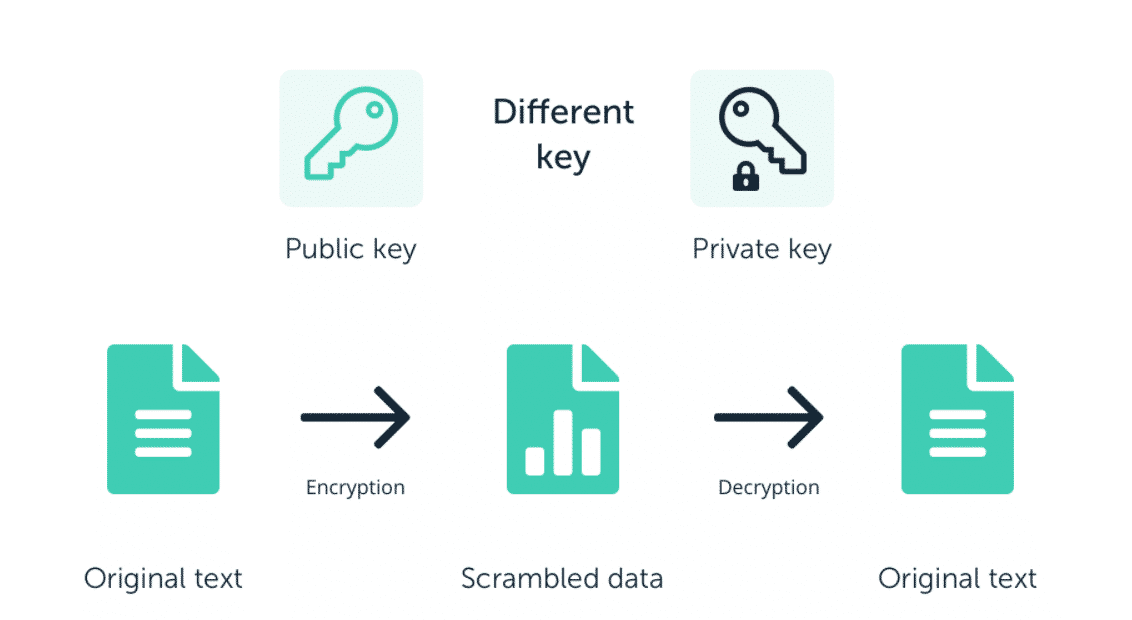
Blockchain private and public keys
The above image shows how public and private keys work to protect the information in the blockchain. If the private key is lost, there is no way to recover anything from the block.
Low scalability
Scalability is another crucial sector in the blockchain industry. Blockchain technology works fine with a small number of users when it comes to managing a large number of users simultaneously; it is challenging somehow.
For instance, Bitcoin and Ethereum have the most significant number of users on the network, and no wonder they are facing this scalability issue. When the number of users increases in the network, processing any transaction takes much time. So, the transaction costs get higher alongside restricting more users from entering the network. It becomes less lucrative and less attractive when you need days to complete a transaction.
Few blockchain systems show faster outputs but also become slow when more users log in to the system at a time. It will be nearly impossible for blockchain technology to sustain for a more extended period without resolving this issue. So this scalability issue is vital in the way of adoption of this new technology.
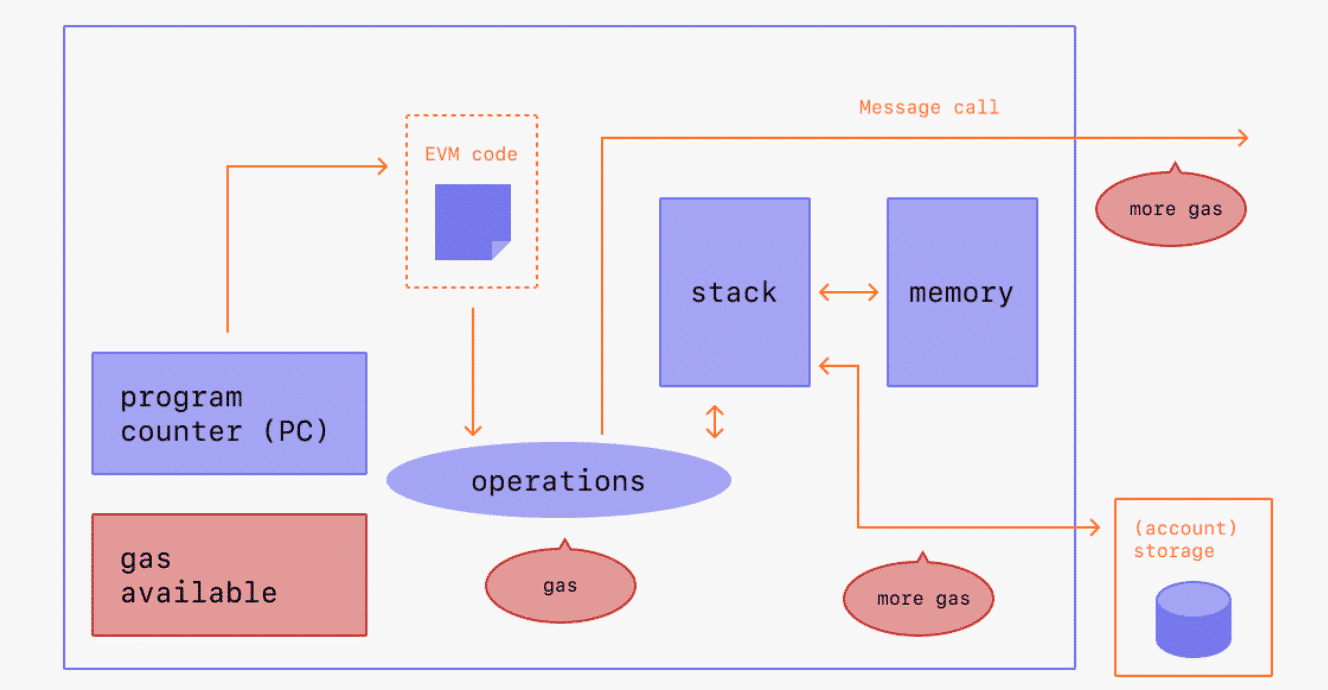
Ethereum fees
The above image shows Ethereum gas fees that need complex upgrades to reduce the amount where the possibility of scalability is low.
Low interoperability
Interoperability is another vital issue of the blockchain industry. Many organizations are adopting/developing blockchain apps or systems according to their desires, such as government organizations, healthcare, retailers, etc. These different blockchains can not work together, or there is no universal standard for blockchain technology that will allow various blockchains to work together.
This issue includes accessing or sharing different blockchain networks without involving any central authority or intermediary. This interoperability issue can impede this technology from mass adoption. It is the only way to generate the most value from a business where suppliers and consumers can collaborate, in short, interoperability. Till now, blockchain technology doesn’t offer or deliver that. However, many blockchain systems aim to connect private or public blockchain systems and develop such bridges. If it works, this issue will vanish by opening vast opportunities for mass adoption of blockchain technology.
High energy consumption
Another major blockchain adoption challenge is energy consumption. Most blockchain technology follows proof-of-work infrastructure as Bitcoin to keep the system live. You may know about mining which is solving complex algorithms using computers. So it requires high consumption of electricity.
For now, miners are using 0.2% of the total electricity. If it increases, then the consumption will also increase, which will become a primary challenge of the network. Many companies or organizations may avoid blockchain only due to this issue. Solving this issue requires utilizing other consensus methods that will need less energy consumption, then blockchain will become a blessing technology.
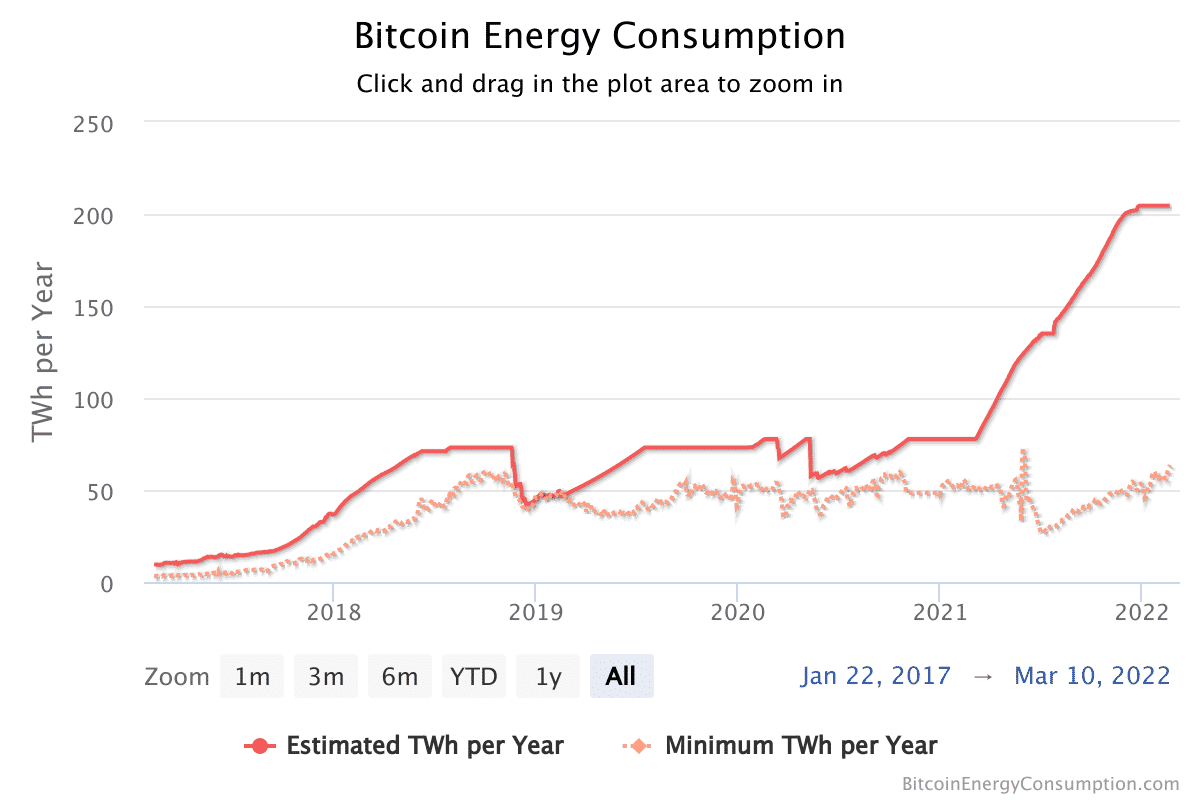
Bitcoin energy consumption index
Low workforce availability
Blockchain is an emerging technology, but the skills it requires to develop are entirely short in supply. This skills gap is a top challenge for blockchain technology. The demand for blockchain engineers is increasing as the blockchain council reports a 500% increase in 2019 than the previous year. However, robotic process automation (RPA) comes with the hope of solving this skill gap. Different organizations can contact vendors who can implement RPA and modify it according to the organization’s desires. In this way, you don’t need to be a programmer; rather, you only know the technology basics; computers will do the rest. Users also need to learn the executing procedures of smart contracts.
Final thought
So now, it is clear that there are significant challenges to overcome for the complete adoption of blockchain technology. These biggest challenges cause considerable pain in adopting any other new technology. Blockchain advocates should try to convince organizations to adopt the technology by taking risks. Moreover, blockchain engineers should find solutions for these issues and make this technology more adoptable.






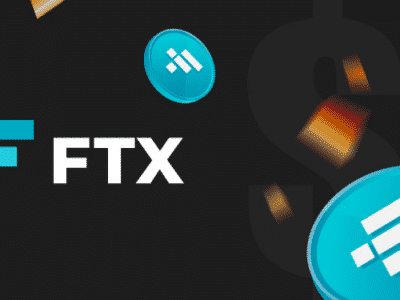







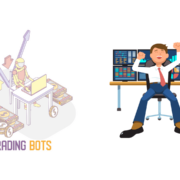
Comments